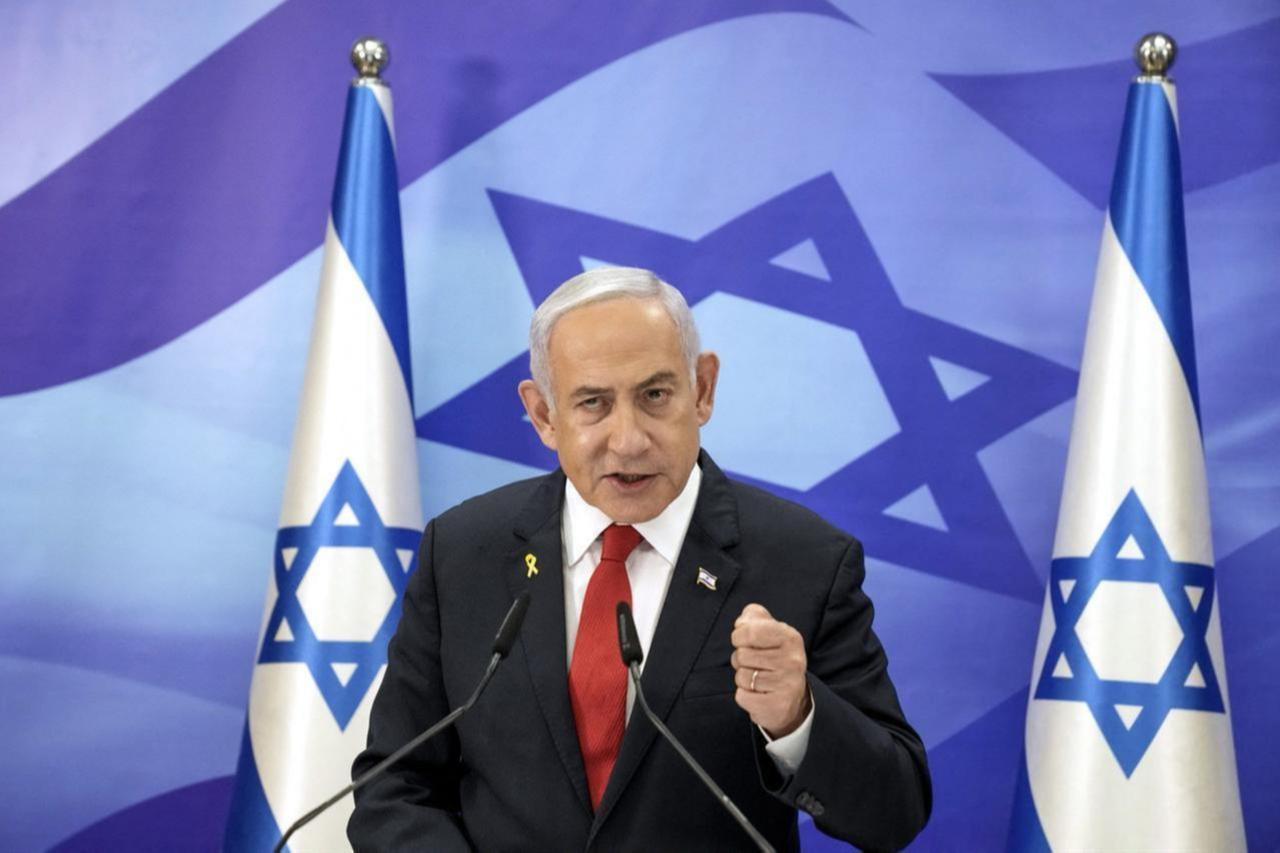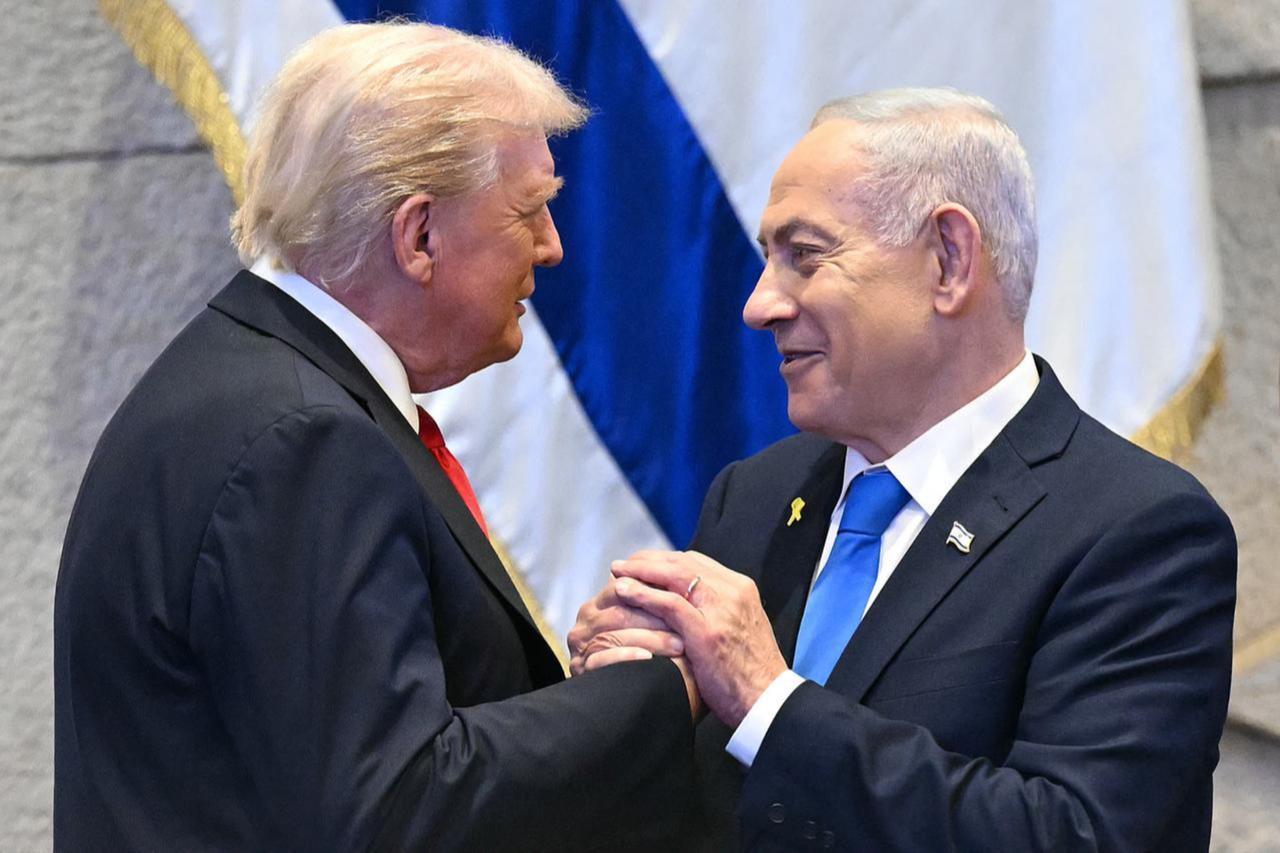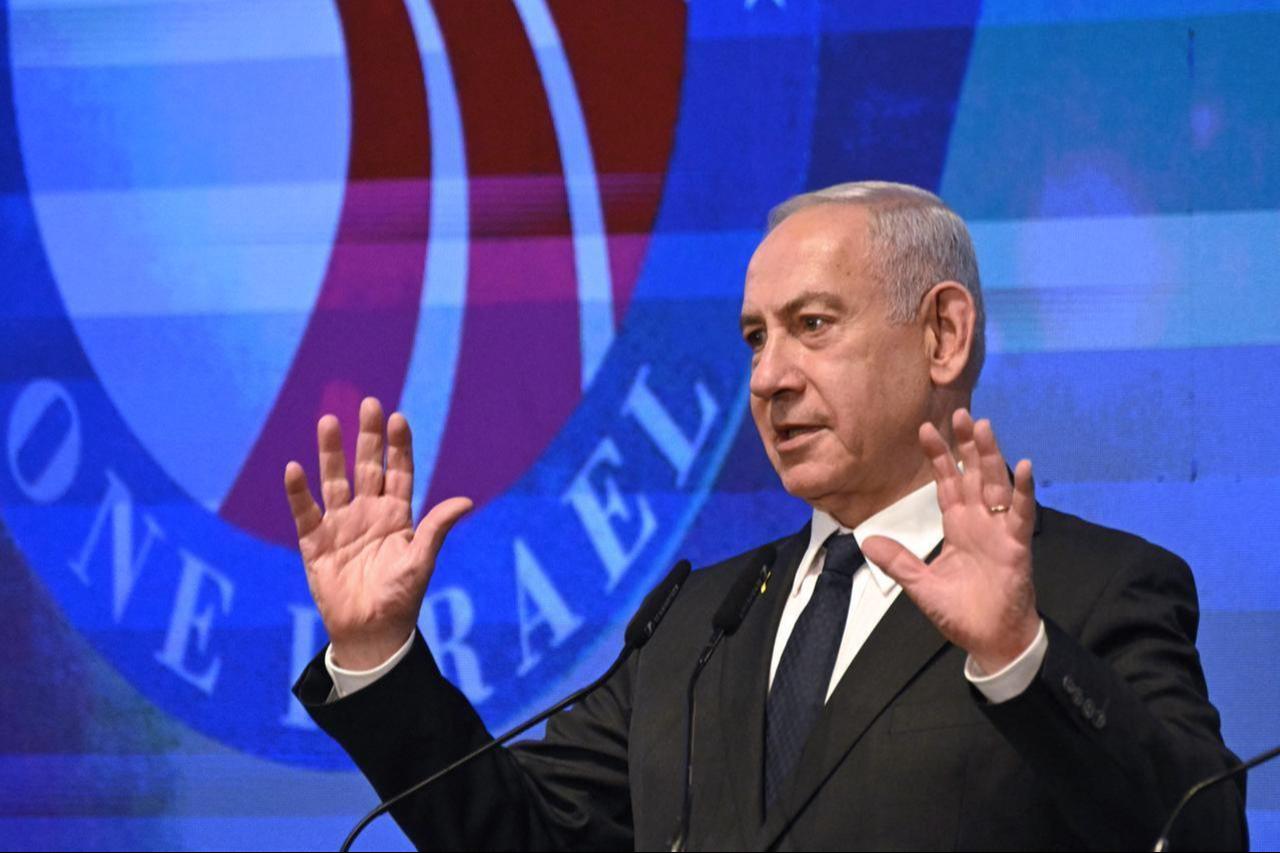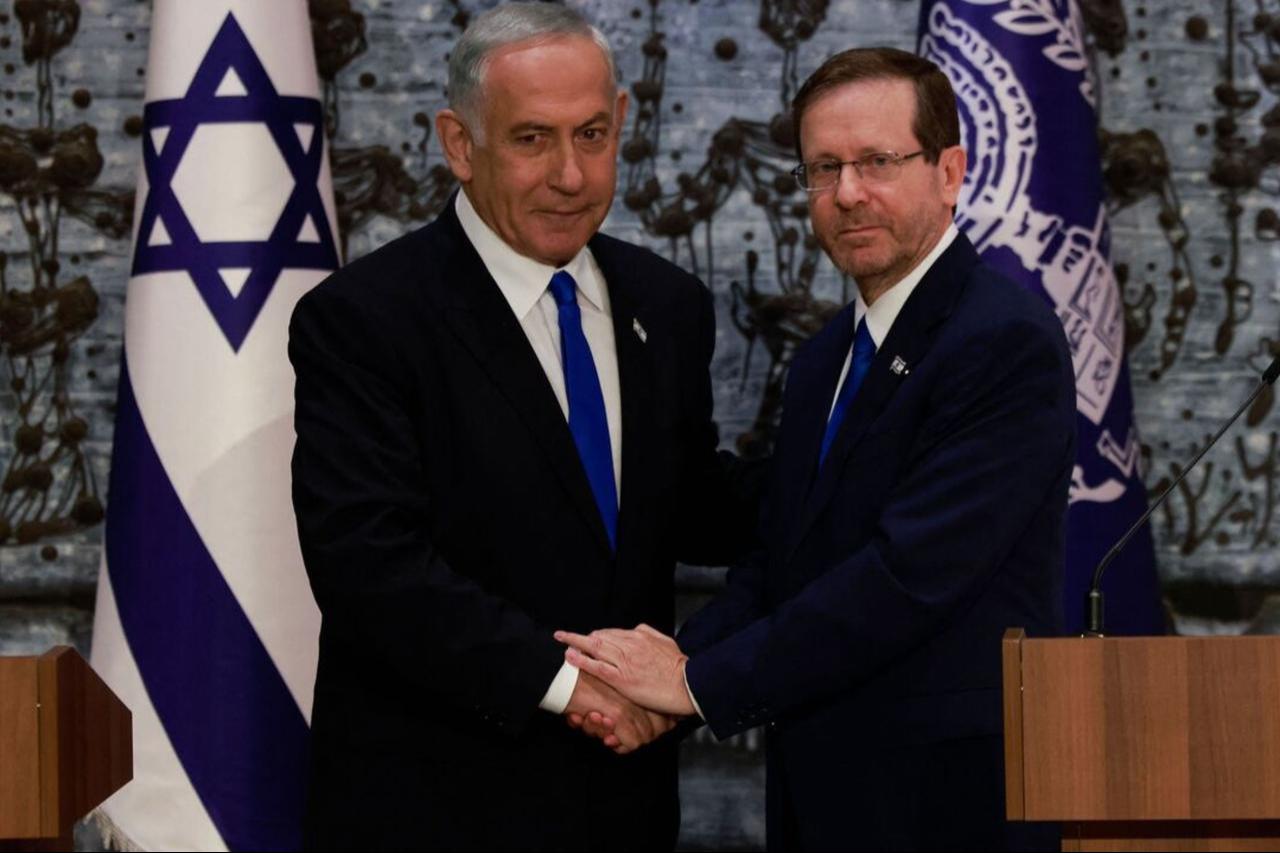
Israeli Prime Minister Benjamin Netanyahu said Sunday that he continues to oppose the establishment of a Palestinian state west of the Jordan River, as discussions intensify over a Gaza-related draft resolution at the U.N. Security Council.
Netanyahu made the remarks at the start of a cabinet meeting, addressing criticism from far-right ministers over the U.N. resolution, which they claim contains language that could pave the way for the creation of a Palestinian state.
Without naming far-right National Security Minister Itamar Ben-Gvir and Finance Minister Bezalel Smotrich, Netanyahu dismissed their public criticism and said he did not need “anyone’s approval, social media posts, or lessons.”

“We oppose the establishment of a Palestinian state in any area west of the Jordan, and this has not changed,” Netanyahu said. “For decades, I have rejected such initiatives.”
Netanyahu referenced the Gaza deal negotiated under U.S. President Donald Trump, claiming the agreement required the demilitarization of Hamas-controlled areas.
He asserted that demilitarization would be carried out “one way or another,” saying, “If not the easy way, then the hard way.”
The prime minister also said Israel would take action against extremist Jewish settlers who have carried out attacks on Palestinians in the occupied West Bank.

He argued that such groups do not represent Jewish settlers and accused them of also attacking Israeli soldiers.
Netanyahu defended Israel as a “state of law” despite long-standing accusations of human rights abuses in the occupied Palestinian territories.
With Israel entering an election year, Netanyahu cautioned members of his Likud Party against posting claims of individual achievements on social media, particularly regarding national security issues.
He stressed that such matters are coordinated with the prime minister.
Israeli media reported that Netanyahu’s remarks were largely directed at Defense Minister Yisrael Katz.

Netanyahu also condemned the attack on Shas Party lawmaker Yoav Ben-Tzur by ultra-Orthodox protesters opposing the conscription of some yeshiva students.
He said the small group involved “does not represent the ultra-Orthodox public.”
Separately, Netanyahu reportedly ordered the doors locked when the cabinet meeting began, preventing late-arriving ministers from entering.
Several ministers argued with staff outside the room before Netanyahu allowed the doors to be opened later.